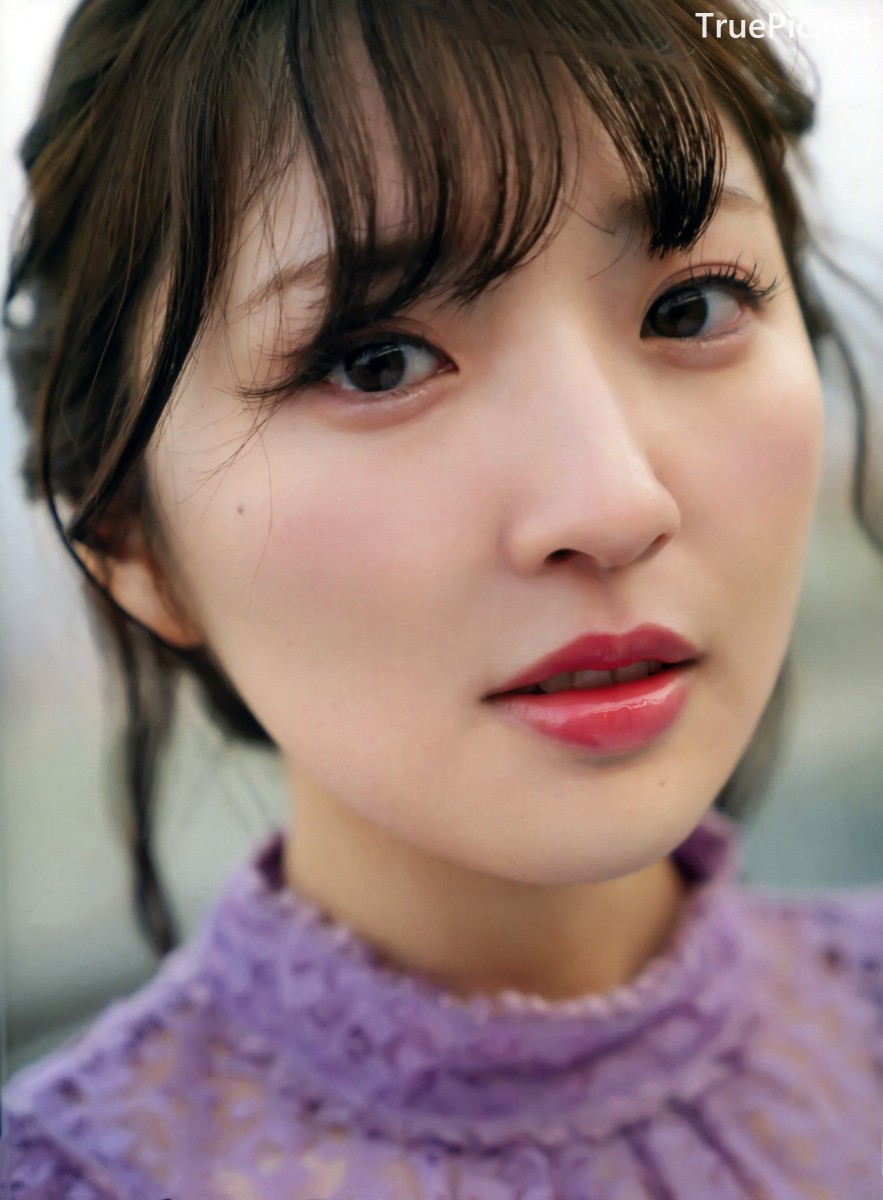The "voice of moe" is a captivating phenomenon that resonates deeply within the realms of anime and gaming culture. Often characterized by high-pitched, adorable tones that evoke feelings of warmth and nostalgia, the "voice of moe" has become a defining element in the portrayal of characters in various media. This unique vocal style is not merely a trend; it embodies a broader appreciation for charming, innocent, and endearing personalities that capture the hearts of audiences worldwide.
As the popularity of anime and gaming has surged, so too has the significance of the "voice of moe." Fans are increasingly drawn to characters that exhibit these qualities, and voice actors who specialize in this style often find themselves at the forefront of the industry. With a diverse range of characters from schoolgirls to magical creatures, the "voice of moe" creates a distinct emotional connection that resonates with fans, making it a crucial aspect of character development.
In this article, we will explore the fascinating elements that contribute to the allure of the "voice of moe." From understanding the origin of this vocal style to examining its impact on modern media, we will delve into the lives of the voice actors who bring these characters to life. Join us as we navigate this charming world and discover what makes the "voice of moe" truly special.
What is the Origin of the Voice of Moe?
The term "moe" originated in Japan and refers to the strong affection fans feel towards fictional characters, particularly those who exhibit cuteness or innocence. The "voice of moe" developed alongside this cultural phenomenon, characterized by a specific vocal style that emphasizes high pitch, expressiveness, and a playful tone. This vocalization often mirrors the personality traits of the characters it represents.
How Has the Voice of Moe Evolved Over Time?
Initially, the "voice of moe" was predominantly associated with anime characters. However, as the popularity of gaming and other media platforms grew, this vocal style began to permeate various forms of entertainment. Today, the "voice of moe" can be heard in video games, virtual reality experiences, and even music. This evolution reflects the changing preferences of fans and the increasing demand for relatable, charming characters across different mediums.
Who Are the Leading Voices Behind the Voice of Moe?
Several talented voice actors have become synonymous with the "voice of moe." These individuals possess a unique ability to portray characters with an adorable charm that resonates with audiences. Some of the most notable voice actors in this realm include:
- Rie Kugimiya
- Kana Hanazawa
- Yui Horie
- Maaya Uchida
What Makes the Voice of Moe So Appealing?
The "voice of moe" elicits strong emotional responses from fans. This appeal can be attributed to several factors:
- Relatability: Characters with the "voice of moe" often exhibit traits that fans can identify with, such as innocence, kindness, and a sense of wonder.
- Nostalgia: The high-pitched vocalizations evoke feelings of childhood and simpler times, fostering a deep emotional connection.
- Escapism: The charming nature of these characters provides an escape from the complexities of adult life, allowing fans to indulge in a world of fantasy.
How Do Voice Actors Prepare for the Voice of Moe?
Voice actors who specialize in the "voice of moe" undergo rigorous training to master this unique style. Preparation often includes:
- Vocal exercises to develop range and pitch
- Character analysis to understand personality traits
- Collaboration with directors to refine vocal delivery
By honing their skills, voice actors can bring authenticity and depth to their performances, making the "voice of moe" even more captivating.
What Is the Cultural Impact of the Voice of Moe?
The "voice of moe" has significantly influenced Japanese pop culture and beyond. Its impact can be seen in various aspects:
- Merchandising: Popular characters often lead to a surge in related merchandise, from figurines to clothing.
- Fan Communities: The appeal of the "voice of moe" has fostered vibrant fan communities that celebrate their favorite characters through art, cosplay, and conventions.
- Media Expansion: The popularity of the "voice of moe" has led to the creation of diverse media, including spin-off series and original works focused on beloved characters.
How Can Fans Support the Voice of Moe?
Fans play a crucial role in the continued success of the "voice of moe." Here are some ways to show support:
- Engage with content through streaming services or purchasing DVDs.
- Follow and interact with voice actors on social media.
- Attend conventions and participate in fan events.
Conclusion: The Enduring Legacy of the Voice of Moe
The "voice of moe" represents a unique blend of charm and creativity that has captivated audiences around the world. As we have explored, this vocal style not only enhances character development but also fosters emotional connections between fans and their favorite characters. With a rich history and a promising future, the "voice of moe" will undoubtedly continue to shape the landscape of anime, gaming, and popular culture for years to come.
You Might Also Like
Unveiling The Magic Of The 80s Song SarahDiscovering Ruth On Flatbush: A Culinary Gem
Adriana Lima: The Star Of VSFS
Banana Bonanza: The Minions' Love Affair With Bananas
Unraveling The Popularity Of The Default Fortnite Dance
Article Recommendations
- Is Barron Trump Gay
- Alya Vural Ifsalari
- Catherine Bell Partner
- Cancer Weekly Horoscope
- Lust Goddess
- Tom Cruise Young
- Jerry Jones Net Worth
- Chloe Clancy
- Morgan Fille
- Jessica Tarlov First Husband


